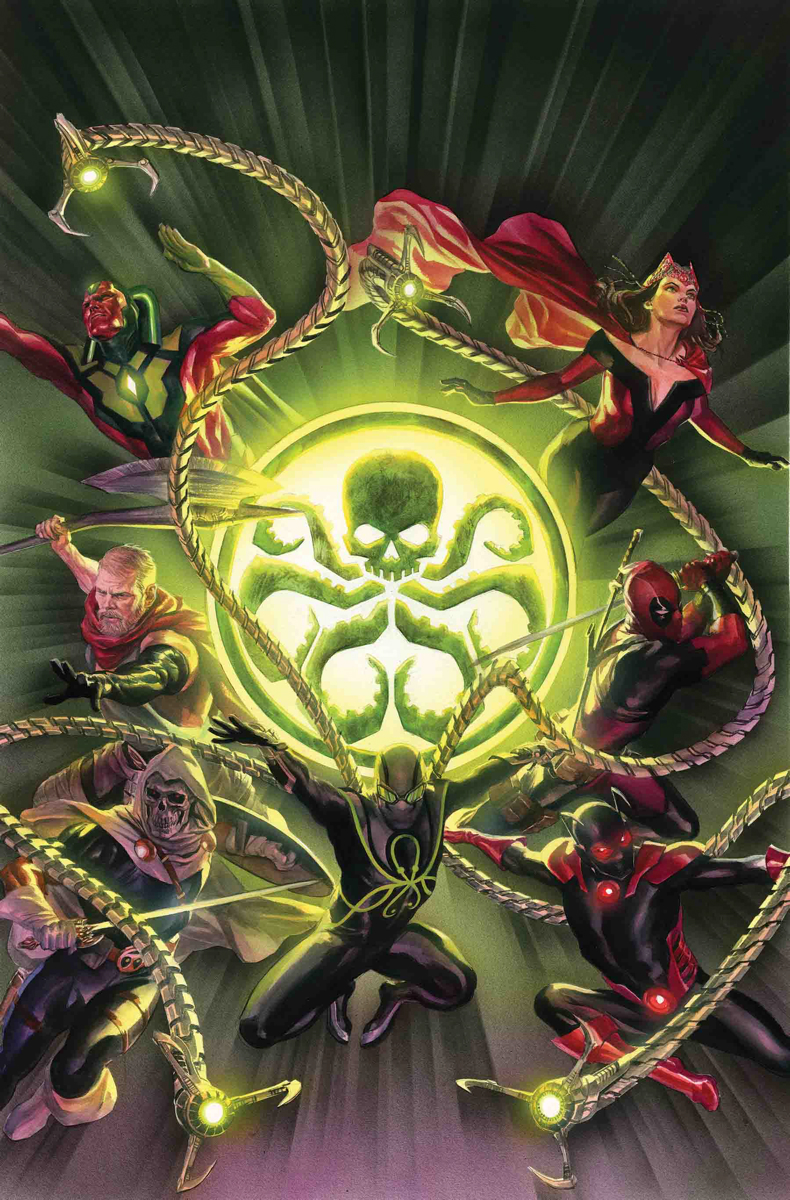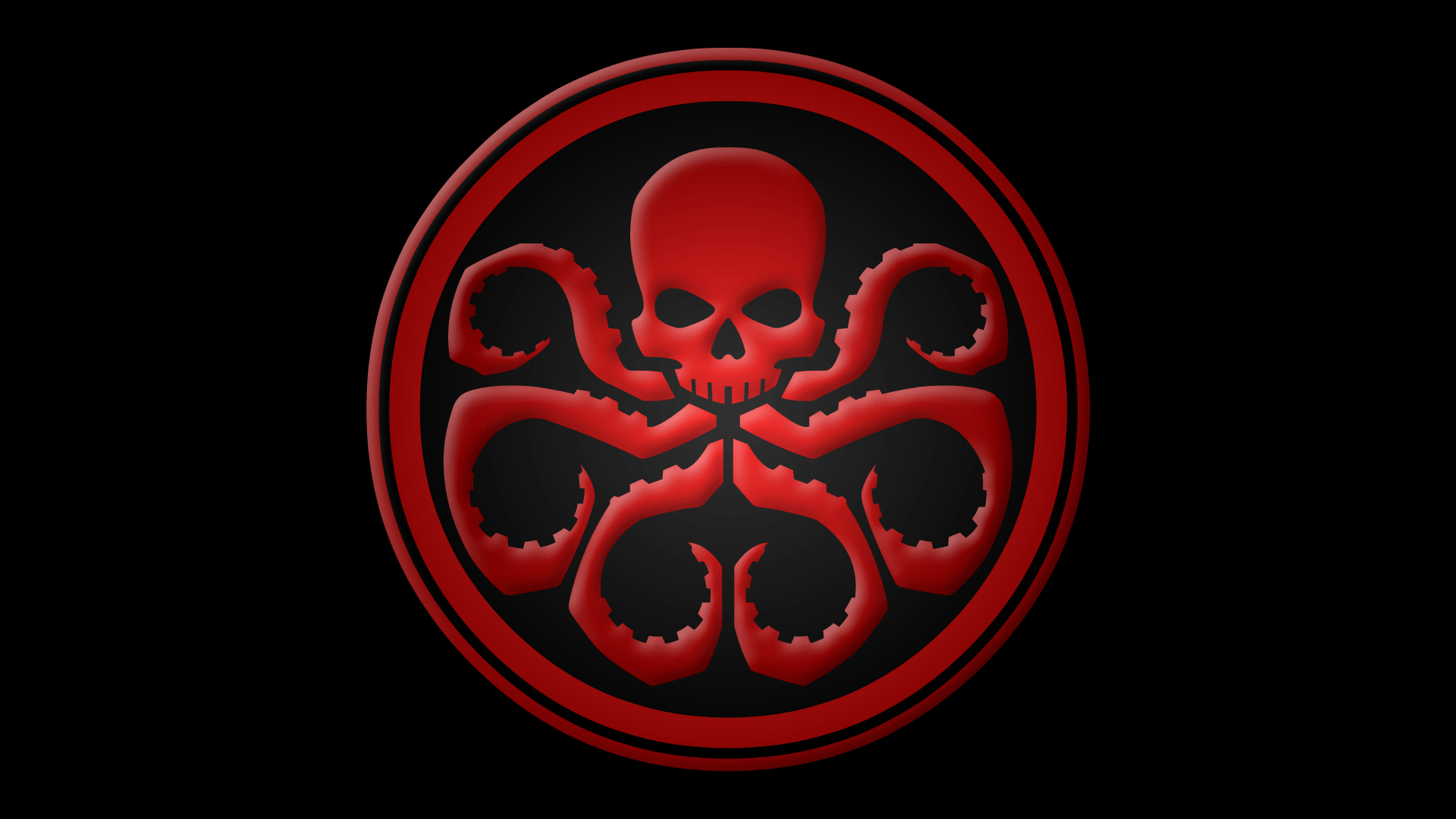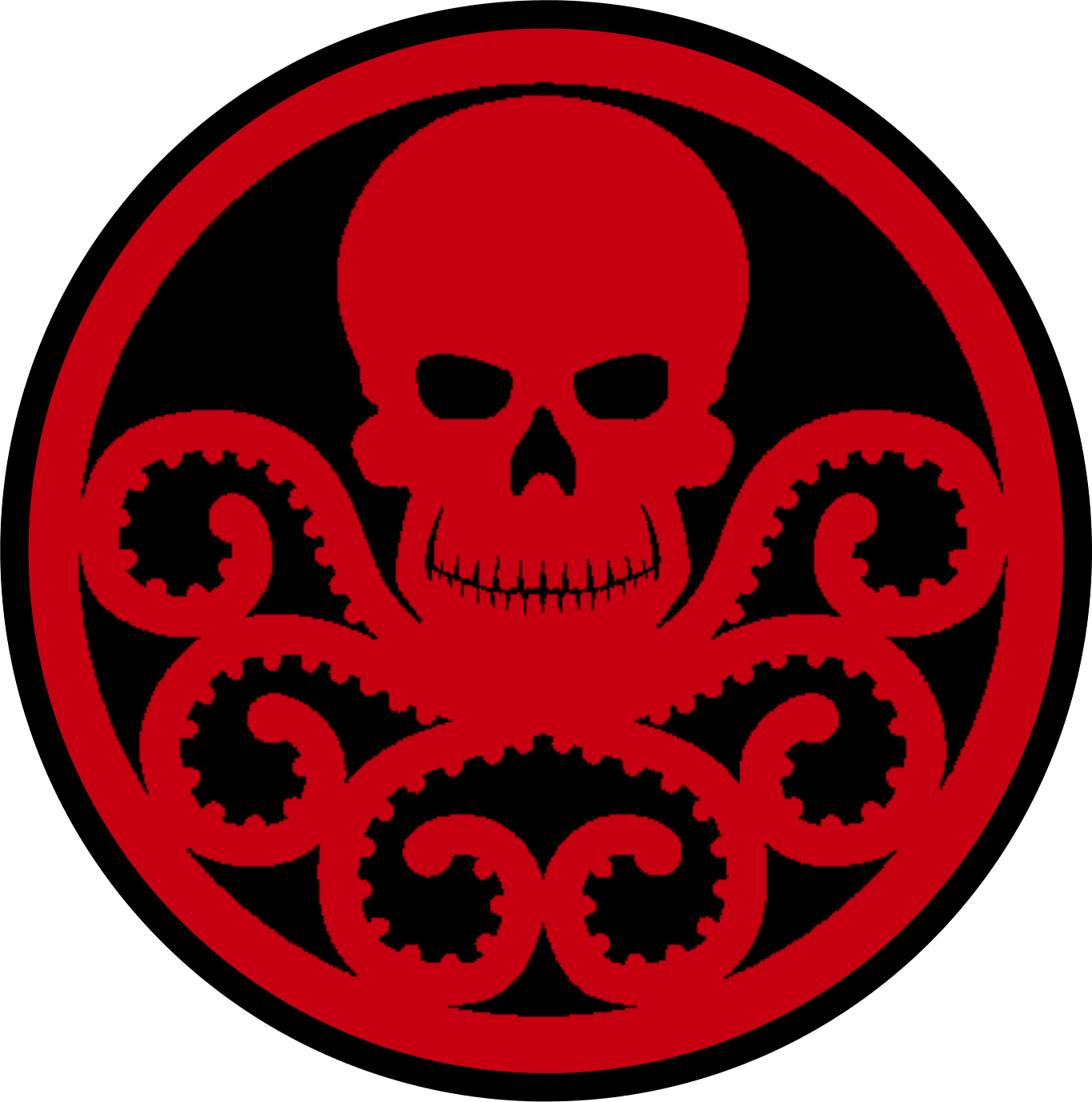

In Claremont and artist Brent Anderson’s God Loves, Man Kills graphic novel, you see this distinct crystallization of Magneto’s viewpoint and the clash with what the X-Men believe: Magneto speaks in God Loves, Man Kills. Throughout his publication history, he’s occasionally joined the X-Men for a stint or helped them out, but he never stays for long, because he can’t reconcile their optimistic view of mankind with what he knows firsthand. The trauma Magneto experienced at the hands of Nazis is why he could never fully be an X-Man. Though you don’t have to agree with him, his disenchantment with mankind makes sense given his backstory. The brutality Magneto witnesses, combined with the death of his family, shapes his understanding of men: They can’t be trusted, they can’t be given power, and their default setting is inhumanity. In 1981 and throughout the decade, Claremont conceived and developed Magneto’s origin story, which begins in Auschwitz: Classic X-Men no. Many of the X-Men movies have fleshed this out, but the writer who transformed Magneto was writer Chris Claremont, who’s considered the godfather of the X-Men comics. Magneto, is that his worldview is shaped by his childhood, a brutal experience that took place in Nazi concentration camps. The key to understanding Erik Lehnsherr, a.k.a.


Why Magneto’s Hydra alliance is upsetting to fans It’s an embodiment of how powerful fandom can be, and the ever-challenging question of who owns art: the artists creating it or the fans purchasing it. Magneto’s similar twist makes it seems like Marvel is doubling down on the prospect and also not listening to the feedback the company has received.įor people who aren’t comic book readers or casual fans, the vocal fight over the origins of fictional characters can seem confusing, or even trivial, considering real life white supremacists have become fixtures in the current national political conversation, and bad fiction happens all the time.īut the fight goes beyond the comic book history of Captain America and Magneto and deeper into the significance of art’s connection to morality. That decision was also met with fan resistance, and insistence that Marvel diminished the work of Rogers’s creators. Captain America, believes himself to be a Hydra agent. The apparent editorial move - which at this point is still speculation based on a variant cover - comes on the heels of last year’s Marvel reveal that Steve Rogers, a.k.a. Their gripe: Marvel has miscarried the character, jettisoning decades of storytelling and fundamentally misunderstanding Magneto’s very nature by aligning him with Hydra. And being that Hydra is an organization with comic book roots in Nazi Germany, the cover links Magneto, a Jewish Holocaust survivor, to Nazis by way of Hydra. Magneto appears on one of those covers, suggesting he’s been in clandestine cahoots with Rogers and Hydra. This past week, Marvel revealed variant covers to its upcoming crossover event “Secret Empire,” an event in which Steve Rogers’s allegiance to the Hydra criminal organization will be revealed. In the eyes of its most fervent fans, Marvel has assassinated Magneto, arguably the most beloved villain the comic book company has ever created.


 0 kommentar(er)
0 kommentar(er)
